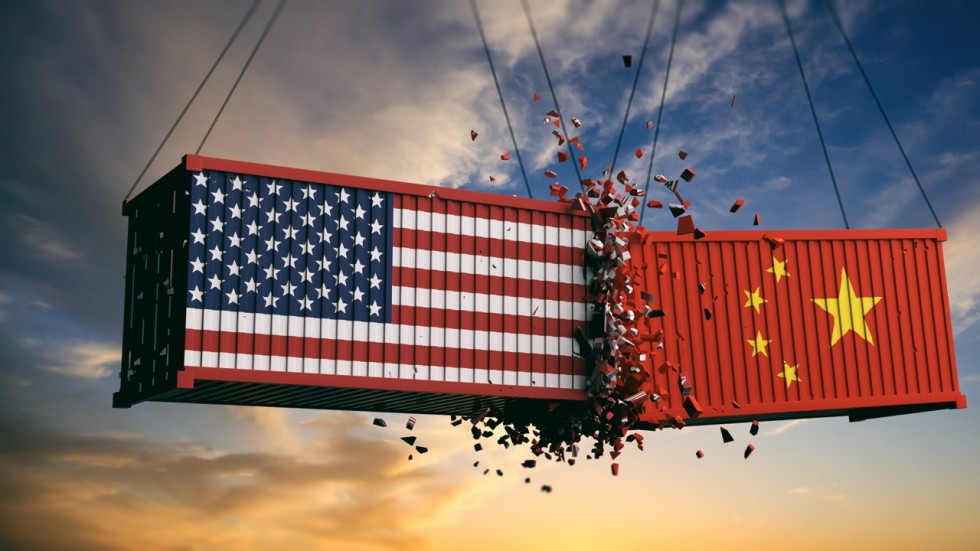TOKYO and SINGAPORE (Bloomberg) — Even with China’s smaller-than-threatened tariff on U.S. natural gas, American cargoes may still be kryptonite for Chinese traders trying to navigate the ongoing trade war.
Chinese buyers will seek to avoid purchasing U.S. liquefied natural gas as long as any tariffs are in place because of the risk that duties may rise further and possibly without warning, according to officials from four importers. While they said they would prioritize cargoes from other suppliers, they couldn’t entirely rule out buying U.S. shipments. The officials asked not to be identified discussing procurement strategy.
China announced Tuesday a 10% tariff on American goods, including LNG, starting Sept. 24 in retaliation for a similar-sized levy imposed by the U.S. That China struck below the 25% duty it threatened last month was met with relief, with gas futures in New York jumping more than 4% while companies that develop U.S. export projects, such as Tellurian Inc. and Cheniere Energy, saw their share’s rally.
But the ongoing trade tensions are seen turning off buyers in China, the world’s biggest and fastest-growing natural gas market. That could go for both taking individual, or so-called spot, cargoes, as well as tying themselves to projects with long-term spending and supply commitments in the U.S., where more than a dozen projects are seeking about $139 billion in investments.
“For a Chinese buyer, the overall risk profile for procuring U.S. LNG remains heightened,” Saul Kavonic, Credit Suisse Group’s director of Asia energy research, said by email. “Even with a smaller tariff, there has likely been some longstanding damage done to the perception of reliability of U.S. LNG supply in the eyes of Chinese buyers who will shape the next wave of global LNG projects.”
U.S. LNG sales are linked to the nation’s benchmark Henry Hub gas price, which is down about 1% this year, while supply from most other exporters is tied to oil, which has gained 18% over that period. That’s made American fuel cheaper than other sources, an advantage that’s being eroded by tariffs.
China may shift its buying from the U.S. to other exporters, including Australia, Qatar and Papua New Guinea, according to Bloomberg Intelligence analyst’s Lu Wang and Kunal Agrawal.
PetroChina Co. signed a deal earlier this month with Qatargas Operating to purchase 3.4 MM tons of LNG annually, the Chinese company’s biggest supply deal, while inking a mid-term contract with the PNG LNG project earlier this year. PetroChina’s parent, China National Petroleum, signed a deal to buy U.S. LNG from Cheniere in February. CNPC didn’t respond to requests for comment.



